The Mormon ascent into wider cultural awareness has not been under the best circumstances. It’s involved revelations about the fringe of it with the abduction of Elizabeth Smart and reality television shows that mostly focused on polygamy.
In 2012 former Massachusetts governor Mitt Romney ran for president as a Republican, but what might have been a teachable moment turned into an onslaught of the purportedly tolerant left making jokes about magic underwear and not really going any further to investigate the religion or Romney’s relationship to it. They also seemed to conveniently forget that there are LDS Democrats, such as Harry Reid, who probably didn’t appreciate the ridicule.
And so many Americans on the left have developed a certain vision of what Mormons are like, and regardless of what aspect of that vision might be applicable, it always boils down to one aspect: Cult members.
So it’s nice when you encounter something that presents an LDS character or characters human — neither derogatory or idyllic, just human. Noah Van Sciver’s memoir One Dirty Tree does exactly that as a look back on his family life in New Jersey as Mormon and an examination of how that family life affected his own goals as an adult.
Van Sciver’s story is wrapped the house that the family lived in — mostly decrepit and terribly unkempt. The house number of 133 was switched to “One Dirty Tree”by Van Sciver and his siblings as a description of the spiritual situation in the home by way of describing one of its most prominent features, a “twisted dead oak tree” in the front yard, a humongous signpost to the dysfunction and chaos taking place within.
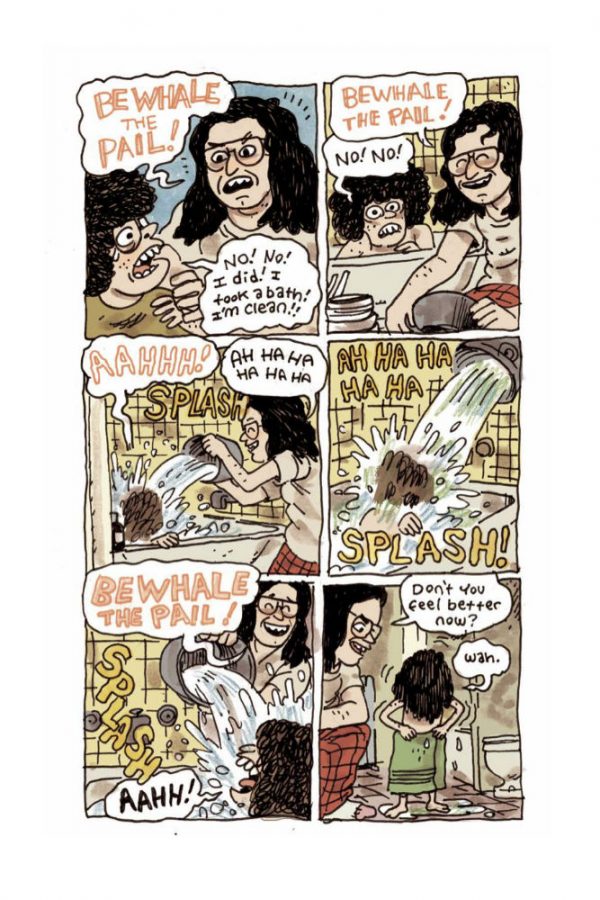
The Mormon aspect becomes important in one way. Van Sciver depicts the reactions people have to the discovery of his LDS background as being grounded in the stereotypes and peppered by the ridicule, which creates a bypass that allows them to not look at him as a person or his family’s life as anything other than captive to their preconceived notions. Mormons become caricatures in the popular imagination, but Van Sciver’s troubled home life is revealed as the exact opposite.
Van Sciver’s father was a troubled and abusive man who found Biblical parallels in his own life failures and took strict umbrage in correcting his children’s most minor mistakes. Van Scriver’s mother seems like a person drowning in a situation out of her control, hiding out in her own mind to seize a little bit of happiness. The children were left to their own devices in this situation, leaving them to be both self-sufficient and needy. The Mormonism gave the illusion of structure in the family, but it was a half-hearted devotion, an incomplete shelter from the dark side.
In many ways, One Dirty Tree is Van Sciver working things out, and it’s gracious of him to share this level of introspection. Though he attempts to give the childhood stories some amount of joy, at least in regard to the moments he lived his own life, none of this can escape the saturating sadness of the book, and it’s all peppered with an understandable anger and frustration.
But it’s yet another lesson to everyone that each person has their own story imprinted in their soul that we don’t totally understand. We have to keep being reminded of this, apparently. Everyone has their own shit and everyone’s trying to move past that shit. Understanding, tolerance, and the tools needed to work through the shit are all mandatory in this life.


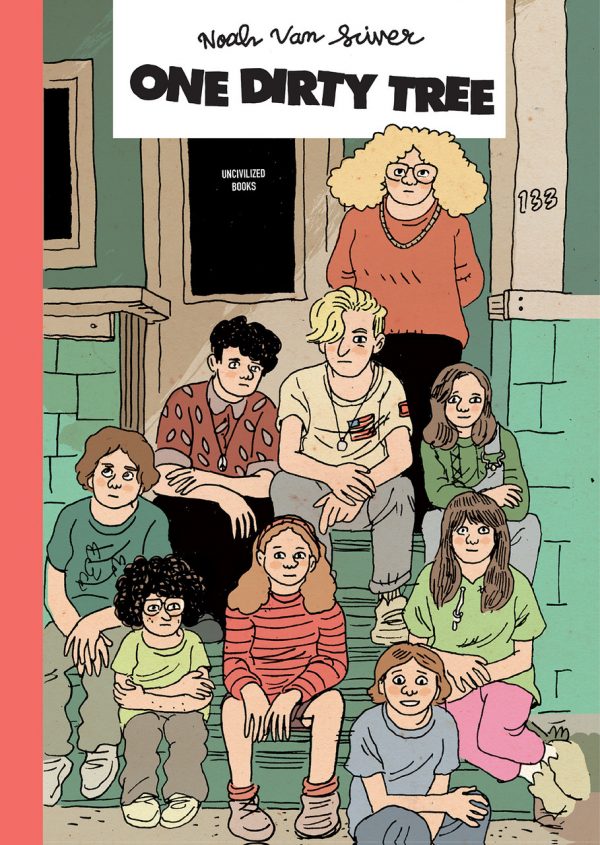
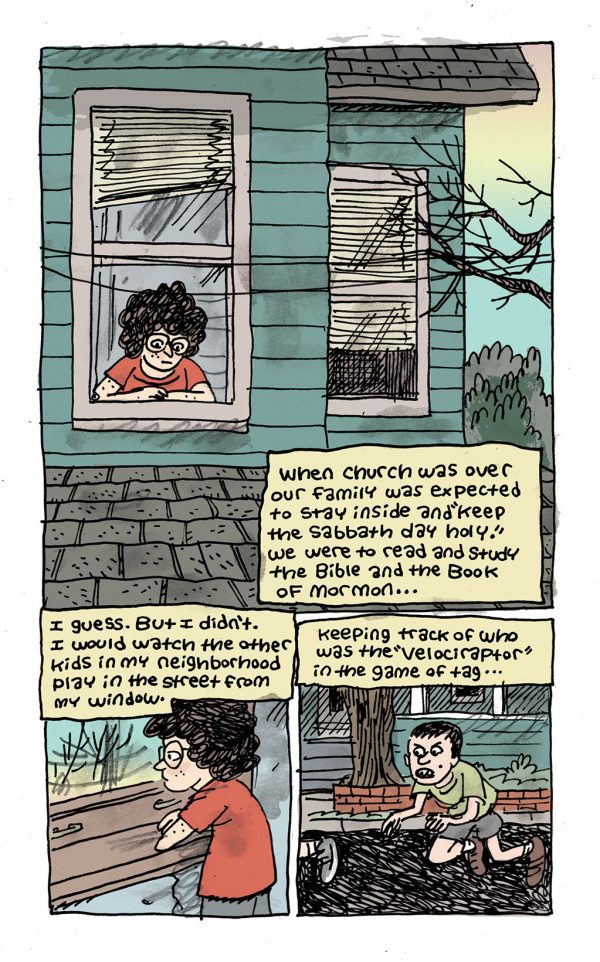
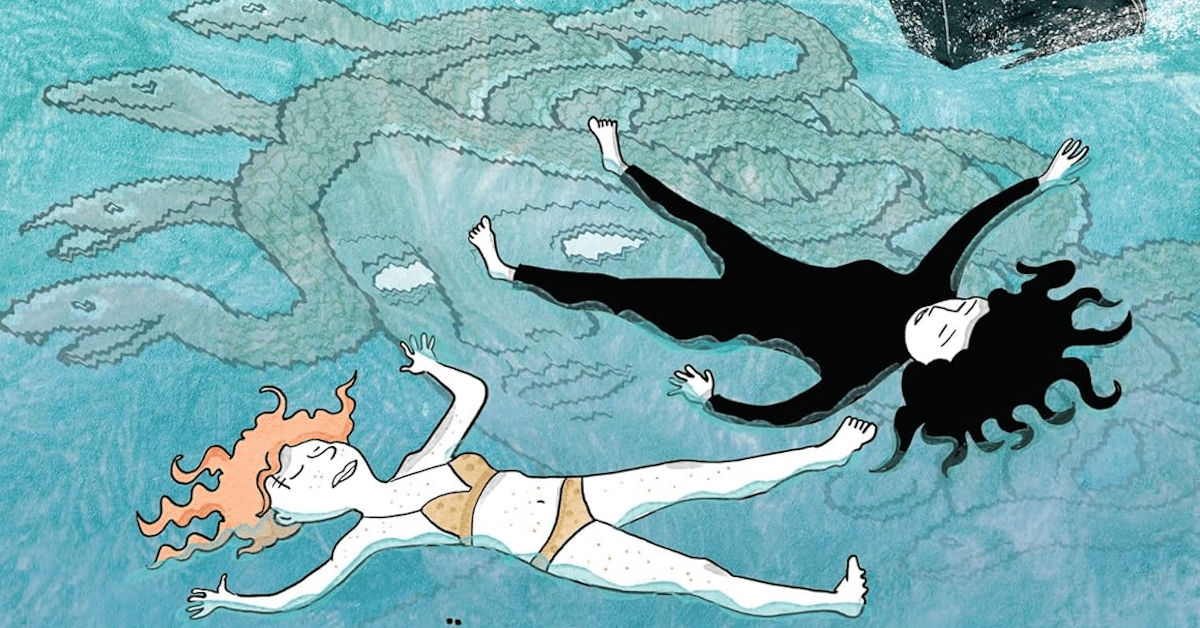

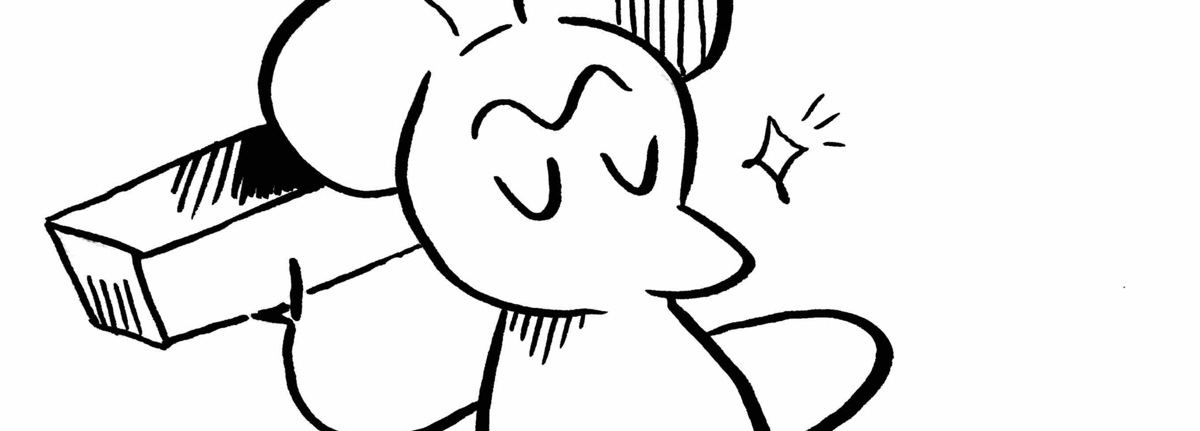




Does he explain how his brother became a monster of a human being?
Comments are closed.